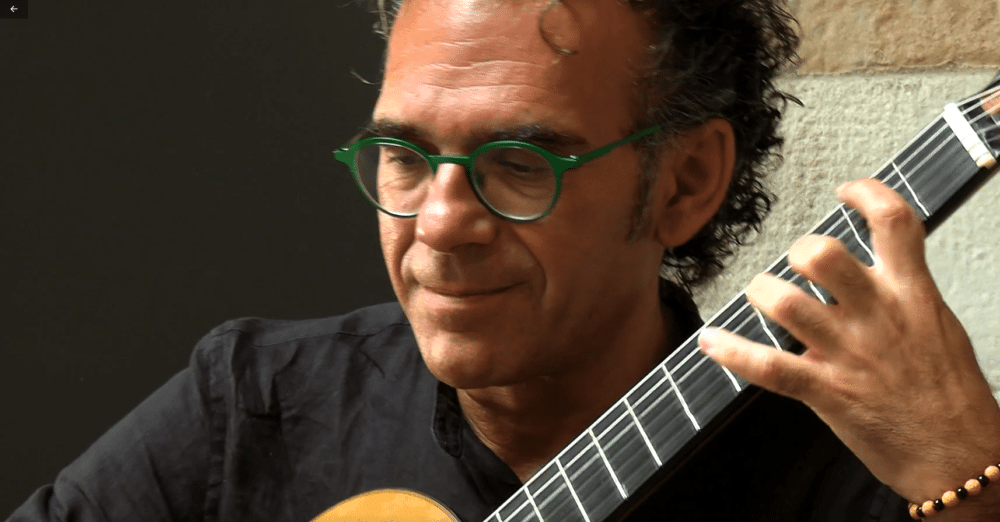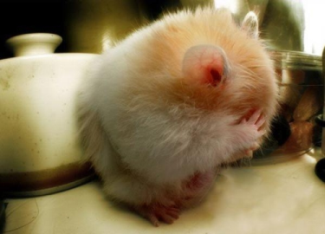Esta genial e impresionante película, esta basada en el libro autobiográfico de Jean-Dominique Bauby, un hombre que debido a una embolia se quedó afectado por el síndrome de cautiverio, encerrado en su propio cuerpo sin poder mover nada excepto el ojo izquierdo.
Gracias al parpadeo de ese ojo lograba comunicarse de una forma un tanto simple pero efectiva y así fue como consiguió dictar su libro.
Durante los primeros angustiantes 30 minutos de la película (realmente son duros…) vemos las reacciones de este hombre desde la claustrofóbica perspectiva en primera persona de su punto de vista, metiéndonos literalmente en su cuerpo, viendo por su único ojo, oyendo sus pensamientos, sus miedos, sus frustraciones.
El director consigue que, por un momento, nos sintamos encerrados en nuestro cuerpo como él.
Es una película dura, áspera, pero también llena de ternura, de paciencia, que a mi me ha llegado muy adentro y me ha hecho valorar las cosas importantes de la vida, del presente:
puedo hablar, puedo andar, puedo sonreír, puedo acariciar y besar a mis seres queridos…
Hay que saborear cada minuto de la vida con intensidad y disfrutar de cada instante.
Hay tantas cosas que podemos perder en un segundo, por una simple distracción…

This brilliant and impressive film is based on the autobiography of Jean-Dominique Bauby, a man who because of a blood clot was affected by the captivity’s syndrome , locked in his own body without being able to move anything except his left eye.
Through the flicker of the eye could communicate in a manner somewhat simple but effective, and that’s how successfully he dictated his book.
During the first distressing 30 minutes of the film (it is really hard …) we see all the reactions of this man from the claustrophobic first person perspective on his point of view, we are literally in his body, watching for his single eye, hearing his thoughts, his fears, his frustrations.
The director gets that, for a moment, we feel locked in our body like him.
It’s a tough movie, rough, but also full of tenderness, patience and it has penetrated very deep in me and made to appreciate the important things in life:
I speak, I can walk, I can smile, I can caress and kiss my loved ones …
We need to savor every minute of life with intensity and to enjoy every instant .
There are so many things we can lose in a second, by a mere distraction …






